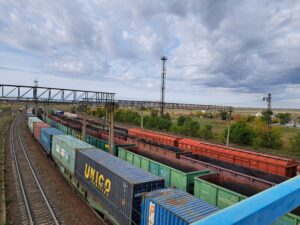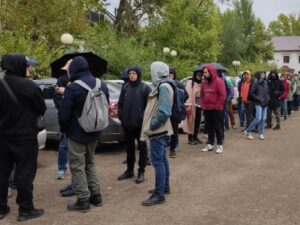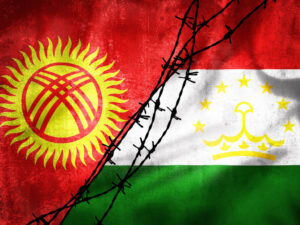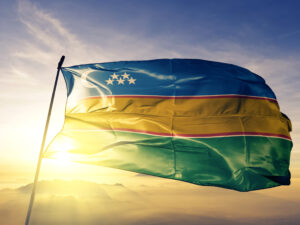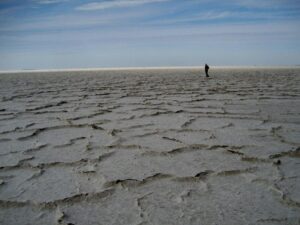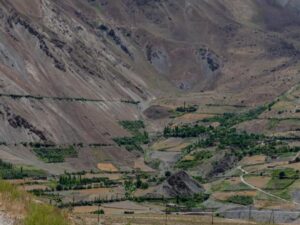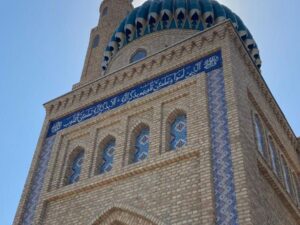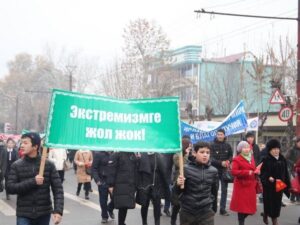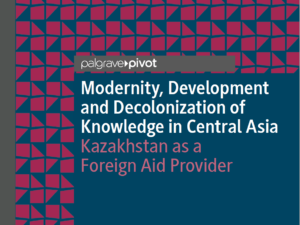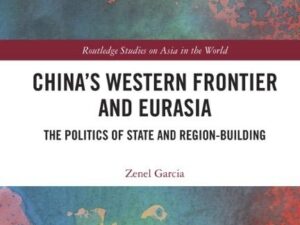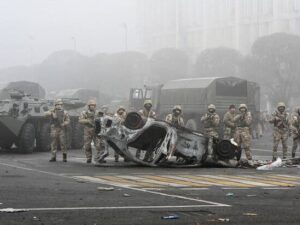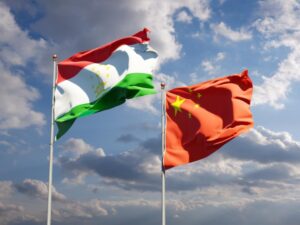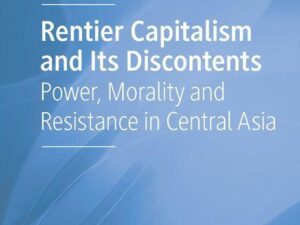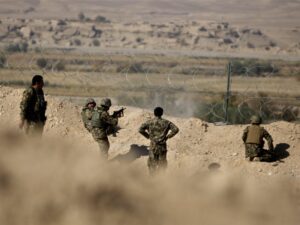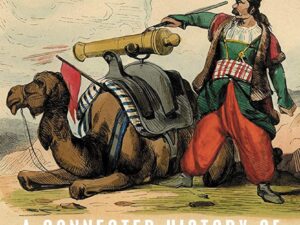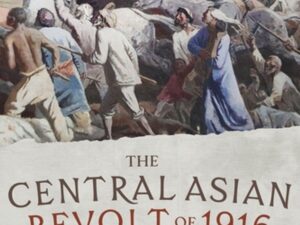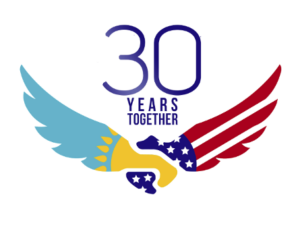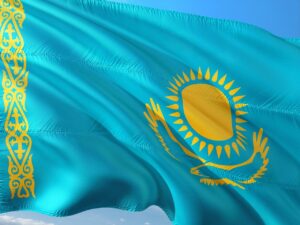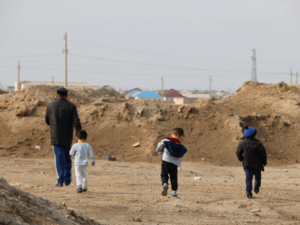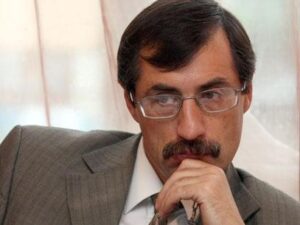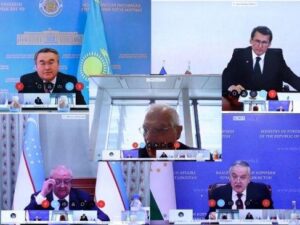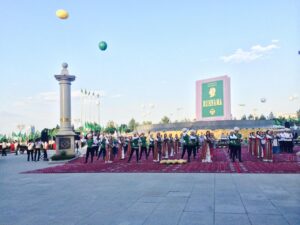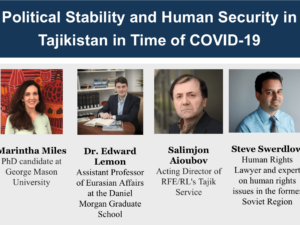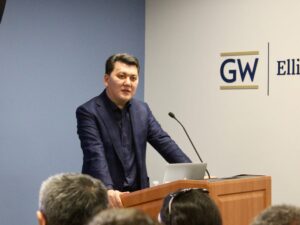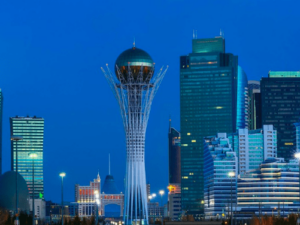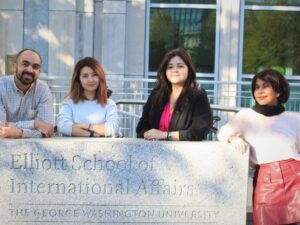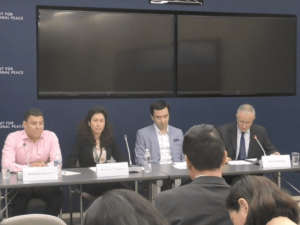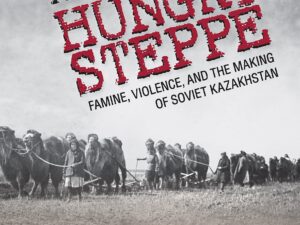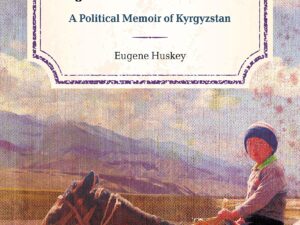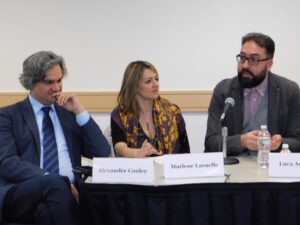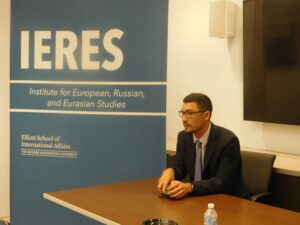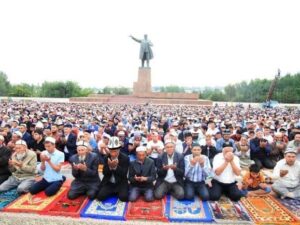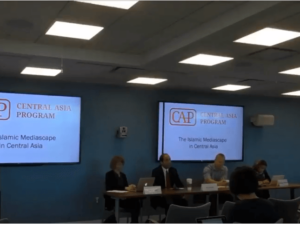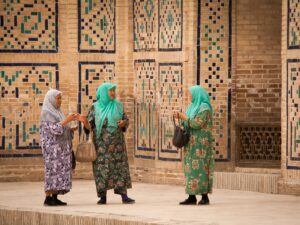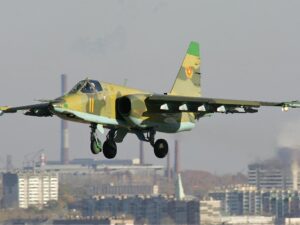
- This event has passed.
Cross-Border Relations between Central Asia and Afghanistan in the Taliban Era
26 October, 2023 @ 10:00 AM – 11:15 AM
Online event co-sponsored by The Kennan Institute
The border areas between the Central Asian states and Afghanistan have often been portrayed as regions prone to lawlessness, violence, and instability since the commencement of the “war on terror” initiated by US President George W. Bush’s administration in October 2001. The ascent to power of the Taliban in the summer of 2021 has further heightened concerns regarding the security situation in these areas. However, among the six borders Afghanistan shares, those with Uzbekistan, Tajikistan, and Turkmenistan have experienced fewer conflicts. This seminar will delve into the intricate cross-border dynamics between Central Asia and Afghanistan, encompassing their political, economic, and social dimensions and the multifaceted challenges and opportunities inherent in the region.
speakers

Mélanie Sadozaï is a Post-Doctoral Fellow at IERES (2022–2023). Her research and publications are based on ethnographic methods and extensive fieldwork since 2014, with a focus on cross-border relations in remote areas of Afghanistan and Tajikistan in the Pamir Mountains. Her research interests include everyday life along the border, remoteness and connectivity in high mountain regions, relations between the Taliban and other Central Asian governments, and the geographical history of the border and the Pamirs. Dr. Sadozaï has published academic articles in the Journal of Borderlands Studies, Problems of Post-Communism, and the Journal of Power Institutions in Post-Soviet Societies.

Nader Nadery is a seasoned leader with 22 years’ experience and is currently a senior fellow at the Wilson Center and a fellow at the Hoover Institution of Stanford University. He is also an associate fellow with Asser Institute Center for International & European Law. His background spans civil society, the private sector, institution-building, government, and research. He is an internationally known advocate for human rights and justice, and has firsthand experience in peacemaking, having participated in UN peace talks for Afghanistan in 2001, track 1.5 peace processes for a number of years, and the 2020–’21 peace talks between the Islamic Republic of Afghanistan and the Taliban. Nadery has served as a commissioner of the Independent Human Rights Commission, as Chairman of the Civil Service Commission, and as senior advisor to the Afghan president on strategic affairs and human rights. Nadery’s views and writings regularly appear in major media outlets including the New York Times, Wall Street Journal, Washington Post, BBC, CNN, PBS, and others.

Barmak Pazhwak is a senior program officer working on Afghanistan and Central Asia for the United States Institute of Peace. Previously, Pazhwak worked at the United Nations Development Program, where he was the senior international adviser to the minister of Rural Rehabilitation and Development of the government of Afghanistan. Before that, he was director of program development and faculty with Southwestern University and Global College in Tucson, Arizona, where he developed the international development curriculum and taught courses. Pazhwak has over 30 years of experience in the design and management of peacebuilding, humanitarian relief, and socio-economic development programs with government, nongovernmental organizations, and the United Nations system in Afghanistan, Central and South Asia, and the Great Lakes region of Africa.
moderator

Sebastien Peyrouse is Director of the Central Asia Program and research Professor, IERES, George Washington University. His main areas of expertise are political systems in Central Asia, economic and social issues, Islam and religious minorities, and Central Asia’s geopolitical positioning toward China, India, and South Asia.

